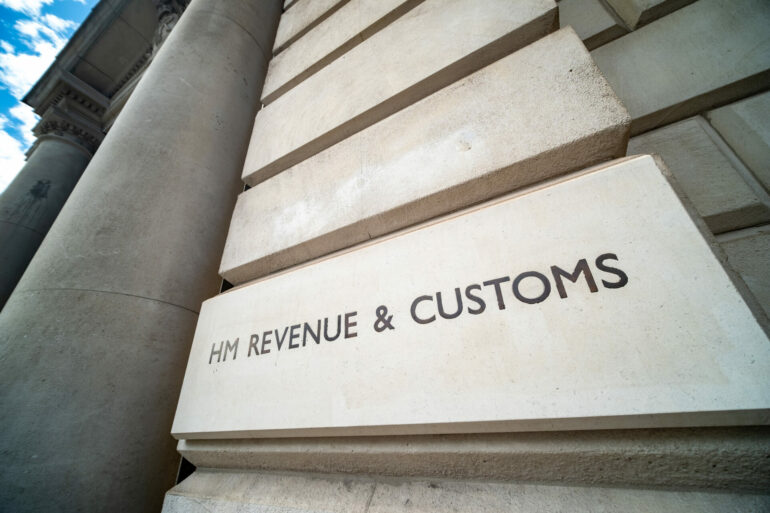Inheritance Tax (IHT) receipts hit £7bn in the 10 months from April 2024 to January 2025, according to figures released by HM Revenue and Customs (HMRC) this morning.
This is £700m higher than the same 10 months last year and continues the upward trajectory over the past two decades.
HMRC raised £7.499bn in 2023-4 tax year, but these figures show that they are well on track to smash through this figure for the 2024-5 tax year end.
Reaction:
Nicholas Hyett, investment manager at Wealth Club:
“Inheritance Tax continues to be a meal ticket for HMRC. It may only affect a small percentage of estates, but that number is growing.
“The Office for Budget Responsibility (OBR) estimates suggest nearly 10% of estates will pay death duties by 2030 due to increasing house prices, changes to Inheritance Tax rules and years of allowance freezes.
“While we don’t expect to see any more changes to Inheritance Tax announced at next week’s Spring Statement, the changes announced in the autumn are yet to kick in and will increase the Inheritance Tax take substantially over the next few years.
“The main Inheritance Tax allowance has now been frozen at £325,000 for 15 years, and remains frozen for another five years until 2030, while the £175,000 residence nil rate band hasn’t changed since 2020.
“These freezes are a form of stealth tax, which allows the Government to increase their take without a backlash from a headline grabbing tax hike, but still contribute to the highest tax burden in 70 years.
“With Inheritance Tax reliefs for AIM and private businesses set to be severely restricted, it has rarely been more difficult to avoid the taxman having your cake and eating it too.
“Lifetime gifts are probably more attractive than ever, particularly regular gifts out of leftover income since these are immediately free of inheritance tax.
“This approach is particularly popular with grandparents, who use it to pay for things like school or university fees.
“Avoiding double taxation from Inheritance Tax is a nice added sweetener.”
Ian Dyall, head of estate planning at wealth management firm Evelyn Partners:
“With one month of the financial year’s tax receipts to go, Inheritance Tax revenues are on course to exceed last year’s total by nearly 12%, driven by the engine of fiscal drag.
“Property and investment assets continue to grow in money terms so that more modest estates in real terms are exceeding the frozen nil-rate bands, and those nil-rate bands start to look less meaningful for larger estates, protecting an ever-smaller proportion of them against IHT.
“Further moves on taxation at next Wednesday’s Spring Statement are unlikely, not least because most of the tax measures announced at the autumn Budget have yet to take effect or be confirmed in law.
“Those eyeing the event nervously from an IHT point of view can probably relax – and even hasty decisions around drawing on pensions, being made after the Budget announcement that they will be included from April 2027 in IHT liabilities, are probably worth reviewing, preferably with professional help.”
Simon Martin, head of UK technical services at Utmost Wealth Solutions:
“Inheritance Tax has already racked up another record tax-take in 2024/25 and, with one more month of receipts still to be counted, it looks set to substantially exceed the last tax year’s total.
“The freeze in the IHT thresholds and rising asset prices are the likely drivers of this fiscal boost for the Treasury.
“Ahead of next week’s Spring Statement and despite lobbying in some areas, we are not expecting any further reforms to the Inheritance Tax regime but there will be updated projections from the OBR.
“This will be notable given the further widening of the scope of Inheritance Tax from April 2026, as well as the changes to IHT on pensions in 2027, which mean that the tax is set to continue delivering record sums for the Chancellor throughout the rest of the decade.
“Following the changes announced at the Autumn Budget, we have already seen an uptick increase in clients seeking professional advice around Inheritance Tax to ensure they understand how the reforms will impact them.”
Stephen Lowe, director at retirement specialist Just Group:
“Another year, another record-busting Inheritance Tax haul for the Treasury – that’s four consecutive years of all-time highs.
“Frozen thresholds and rising property prices have been the predominant forces behind this increase to date but changes announced at the Autumn Budget, which will be implemented from April 2026, look set to bring in even greater amounts over the remainder of the decade and beyond.
“The removal of pension death benefits from Inheritance Tax will come into force from 2027 and is likely to inflate receipts for the Chancellor even more.
“It emphasises the importance of people getting an up-to-date valuation of their estate, including a recent assessment of their property wealth, to help them understand if they are likely to be liable for Inheritance Tax.
“Estate planning is complex and professional financial advice can be immensely helpful for people who want to manage their estate efficiently.”



